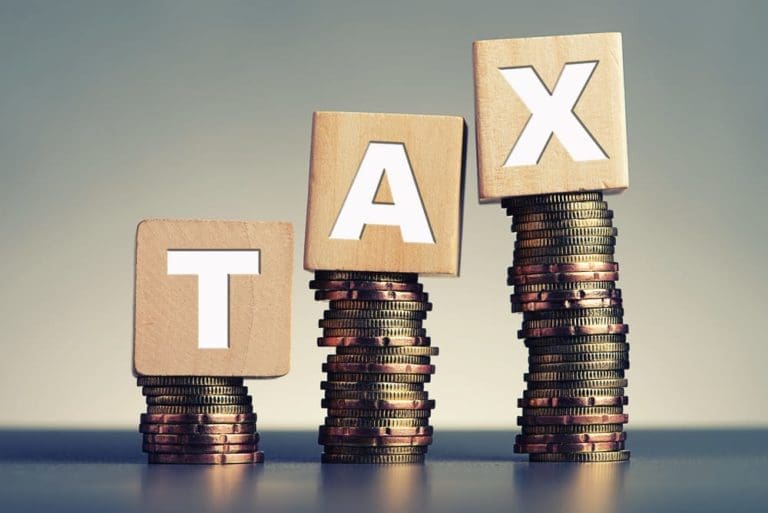In the 2023 Budget, the Minister of Finance announced that the South African Revenue Service (SARS) would shortly begin to modernise the VAT collection system, in consultation with affected parties.
SARS has now issued a Discussion Paper on Value-Added Tax Modernisation to explain its plans and seek input from VAT vendors, accounting system software developers or suppliers, recognised controlling bodies, public finance and municipal finance entities and the public.
VAT is the second-highest source of tax revenue for the South African government, but modernisation of collection methods has lagged behind other tax and customs products, according to SARS. VAT has the least supply chain visibility from a self-assessment perspective, which creates the risk of leakages and the need for frequent audits.
It said its aims, in modernising the system, include making it easier for taxpayers to understand and comply with their obligations, make non-compliance more difficult and easier to detect, and build public trust in the tax system.
SARS will adopt a staged approach to VAT modernisation. This will cover the development of VAT data models, determining suitable technologies, consulting and collaborating with vendors, integrating vendors’ accounting systems with SARS systems, and testing.
Ultimately, the goal is to receive digitally-transmitted VAT data that will provide visibility of the whole VAT supply chain. Just as PAYE data is transmitted by employers from their payroll accounting systems, the VAT data obtained from source documents such as invoices or payments made or received will be digitally transmitted to SARS using secure transmission channels.


It will be possible to transmit VAT data to SARS in almost near-time. Initially, this might be daily reporting, but the frequency could be increased to six-hourly or even hourly reporting, depending on the capability of the vendor’s system. Initially, when VAT data is transmitted, it will be used to simulate the vendor’s VAT return. Self-assessment will be retained, in that the vendor will still be required to submit a return by the due date.
Initially, digital transmission will apply to a portion of VAT vendors who account for about 80% of VAT revenue. About 20% of the VAT vendor base (generally medium to large businesses) currently uses technology-based accounting information systems. About 30% of the VAT vendor base, consisting of vendors registered for Category C monthly filing, large businesses and international vendors, those transacting with government, others representing a high risk to the fiscus and any vendor who wishes to participate voluntarily, will be required to transmit data digitally to SARS. This will be enabled by amending legislation.
In later phases, the rest of the VAT base (small, medium and micro enterprises) will be integrated into the digital system. Specific models will have to be developed to cater for their needs.
SARS said a realistic timeframe, based on international experience, is that implementation will only occur over five years. In the interim, it may be necessary to get all VAT vendors to report detailed VAT data, to prepare for the future. The digital transition may require disaggregating (or expanding) the data input disclosure points to create a scaleable model for real-time reporting and provide more meaningful disclosure. For example, it may require vendors to distinguish between goods and services, identify various types of zero-rated supplies, distinguish between deemed supplies and their applicable VAT rate and between various input tax deductions.
SARS will embark on an information campaign to help vendors understand what is required of them. Vendors will have to incur initial costs in readying for the new system but the long-term benefits of accurate VAT reporting may outweigh this cost, SARS said. The modernised system should minimise exposure to VAT miscalculations, errors and omissions and require less audit verification. The initial costs incurred by vendors will be tax-deductible.
SARS envisages introducing legislation that will clearly prescribe the mandatory disclosures on VAT returns; stipulate categories of vendors that will have to transmit VAT data electronically; and introduce penalties for non-compliance.
Comments and contributions on the formulation of VAT data models, digital transmission of VAT data and the creation of a modern VAT return with disaggregated and new data disclosure fields are invited from all interested parties. The deadline for comments is 31 October 2023.
- Joon Chong, Partner at Webber Wentzel

1 Comment
Pingback: SARS Invites Comments On How To Modernise VAT Data Collection - VATupdate